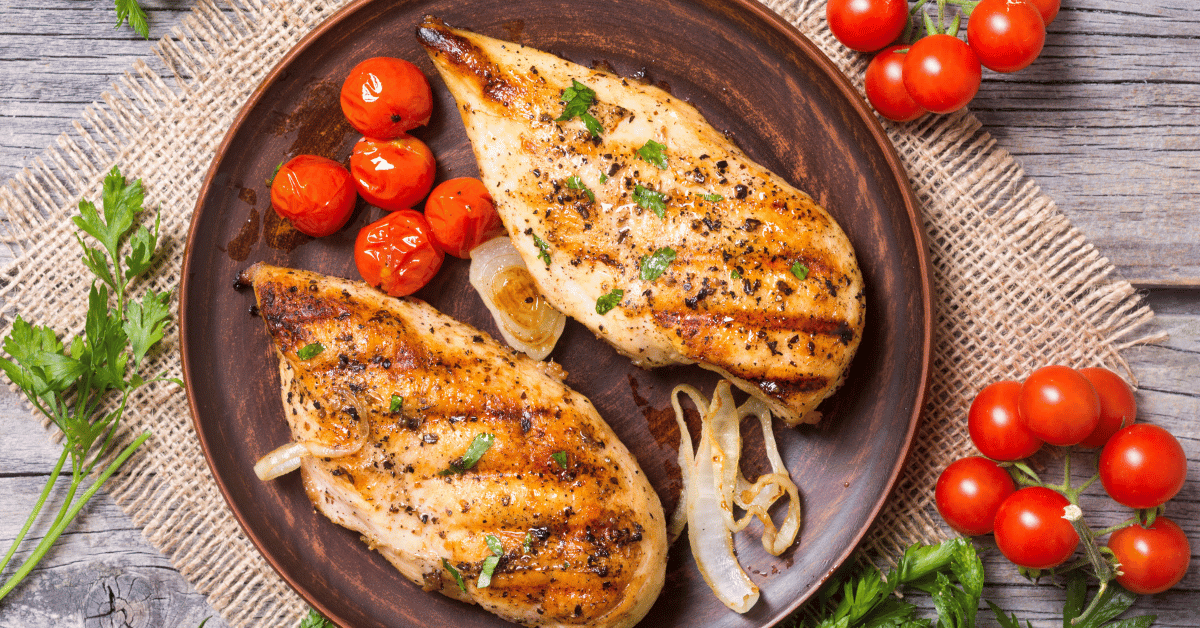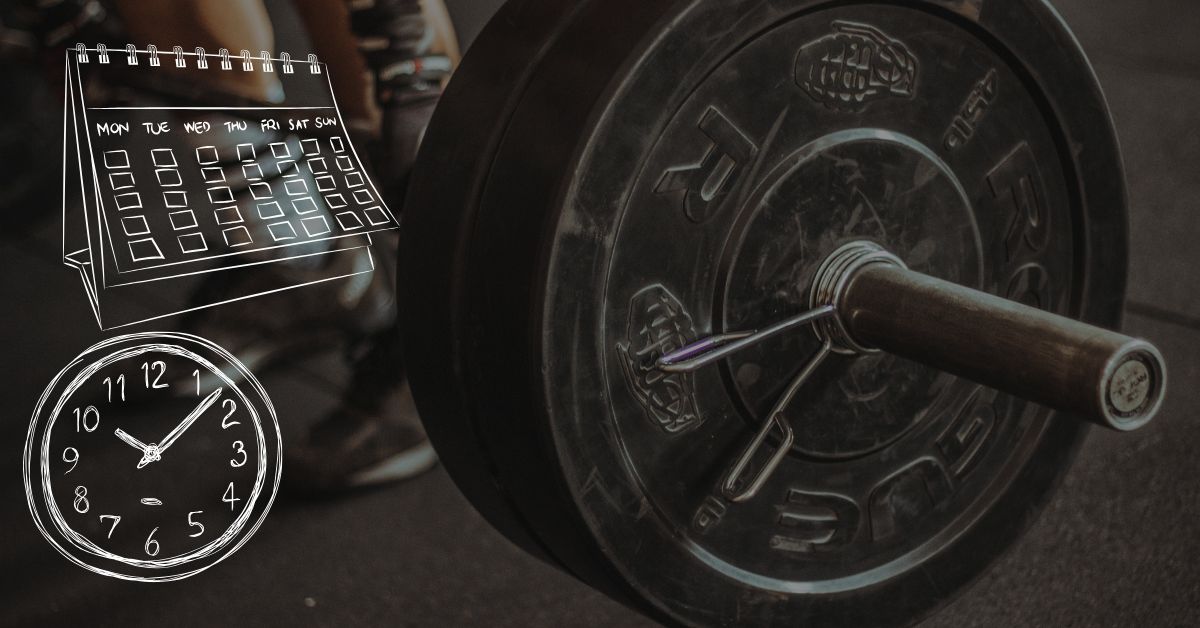Get ready to kick off winter with 7 Bamboos RFC!…

Fueling for Success: The Importance of a Balanced Rugby Diet
Rugby is a demanding sport that requires not only skill and strategy but also a well-fueled body. Professional rugby players understand the significance of a balanced diet in enhancing performance, recovery, and overall success on the field. In this article, we’ll explore the dietary habits of professional rugby players, how they bulk up, the ideal pre-match nutrition, and what fuels rugby league athletes.
What do Professional Rugby Players Eat?
The diet of professional rugby players is carefully curated to meet the high physical demands of the sport. It typically includes a mix of carbohydrates, proteins, healthy fats, vitamins, and minerals. Carbohydrates are a crucial component as they provide the energy needed for the intense bursts of activity during a rugby match. Whole grains, fruits, and vegetables are common sources of carbohydrates in a rugby player’s diet.
Proteins play a vital role in muscle repair and growth. Rugby players often incorporate lean meats, fish, eggs, and dairy into their meals. To supplement their protein intake, many players turn to high-quality protein supplements like Whey Protein, known for its quick absorption and muscle-repairing properties.
Healthy fats, derived from sources like avocados, nuts, and olive oil, contribute to overall well-being and help maintain a balanced diet. These essential nutrients support joint health and aid in the absorption of fat-soluble vitamins.
How do Rugby Players Bulk Up?
Bulking up is a common goal for rugby players, especially those in forward positions who require strength and power. While strength training is a key component, nutrition plays an equally important role in the bulking process. To gain muscle mass, players often increase their caloric intake, focusing on a surplus of nutrient-dense foods.

Protein intake is particularly emphasized during bulking phases, and supplements like Whey Protein become valuable in meeting increased protein requirements. Coupled with resistance training, this approach helps rugby players build the lean muscle mass necessary for optimal performance on the field.
How Should I Eat Before a Rugby Match?
Pre-match nutrition is crucial for ensuring that players have the energy and stamina to perform at their best. A well-balanced meal a few hours before the game is recommended, emphasizing complex carbohydrates for sustained energy release.
This could include pasta, brown rice, or quinoa, paired with lean protein sources like grilled chicken or fish.

As the match approaches, players may opt for easily digestible snacks to top up their energy levels. Bananas, energy bars, and smoothies can provide a quick source of carbohydrates without causing discomfort on the field.
What do Rugby Sevens Athletes Eat?
Rugby league athletes follow dietary principles similar to their union counterparts. The emphasis is on a balanced intake of carbohydrates, proteins, and fats. However, the specific nutritional requirements may vary based on the differences in game dynamics between rugby union and rugby league.
In both cases, staying hydrated is paramount. Adequate water intake is essential for performance and recovery, especially in the physically demanding environment of rugby.
Conclusion
In conclusion, a balanced diet is the cornerstone of success for rugby players. Whether aiming to bulk up, perform at their peak in a match, or recover effectively, nutrition plays a pivotal role.
Including essential elements such as carbohydrates, proteins, and fats, along with supplements like Whey Protein, can contribute to the overall well-being and performance of rugby athletes.
Aspiring players and enthusiasts can take inspiration from these dietary practices to fuel their own success on the rugby field.
For more articles about performance nutrition click here





